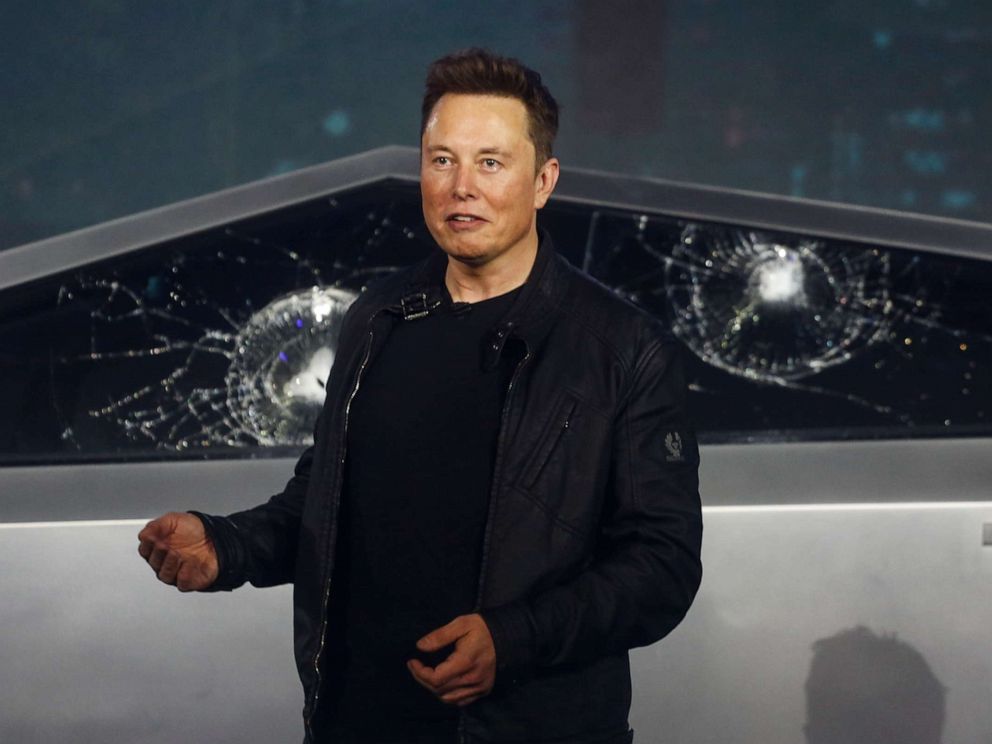Tesla Hikes Price of China-made Model Y
- Posted on March 17, 2022
- Technology
- By Glory

On Thursday, Tesla upped the price of its cheapest Tesla Model Y car in China by 15,060 yuan (approx. $2,372), following two price hikes in less than a week for more costly models.
According to data compiled by CNBC, the China-made Model Y currently costs 316,900 yuan (approx. $49,932), rising from 301,840 yuan (approx. $47,559) on Tuesday. Tesla recently hiked costs for the long-range and performance models, despite the fact that the cheapest model had been unchanged since the start of the year.
Since January, the price of the performance Model Y has increased by 7.7%, while the long-range version has increased by 8%. With the hike on Thursday, the cheapest version's price has risen by 5%.
The price hikes occur as global inflation rises and commercial activity in China is disrupted by a surge in Covid-19 cases.
"Tesla & SpaceX are seeing significant recent inflation pressure in raw materials & logistics," Tesla CEO Elon Musk recently warned.
Tesla's Shanghai manufacturing will be closed for two days, according to Reuters, as China intensifies coronavirus regulations in response to the recent Covid-19 epidemic.
The Model Y Long Range car's pricing in the United States has increased by 20% since January 2021, while the Model 3 Long Range sedan's price has increased by 10.6%.
The increase comes amid rising raw material costs, which have been exacerbated by Russia's attack on Ukraine, and might jeopardize Tesla CEO Elon Musk's and other auto executives' plans to introduce more cheap electric vehicles.
According to Gregory Miller, an analyst at Mineral Intelligence, rising prices of nickel, lithium, and other raw materials threaten to affect battery costs — the most expensive part of EVs — impeding broader technology adoption.
"Rising raw material prices certainly have the potential to delay the timeline on cost parity between EV and ICE vehicles, which could hamper the wider adoption of EVs," Miller said.
The average cost of lithium-ion battery cells could rise for the first time this year, he predicted.
The war in Ukraine alone has heightened the stakes, sending nickel and aluminum prices to new highs on Monday amid rising fears that exports from Russia, the world's largest producer, may be hampered. Lithium prices have also risen, tripling since the end of the year, as supply has fallen short of demand.
According to Benchmark Mineral Intelligence, Russia's largest miner Nornickel produces roughly 20% of the world's supplies of high purity class 1 nickel, which is utilized in EV batteries. Russia is also a significant supplier of aluminum, which is used in batteries.
Rising EV pricing, as evidenced by rises by Tesla and Rivian Automotive (RIVN.O) in the last year, are significant because general consumers are unlikely to pay an extra charge for a technology that many are yet to fully accept.
According to research firm Cox Automotive, the average EV sold for about $63,000 in January in the U. S., roughly 35% more than the total industry average for all vehicles of little over $46,000. While consumers are less concerned about being stuck without power on the side of the road, price remains a key concern.


Be the first to comment!
You must login to comment